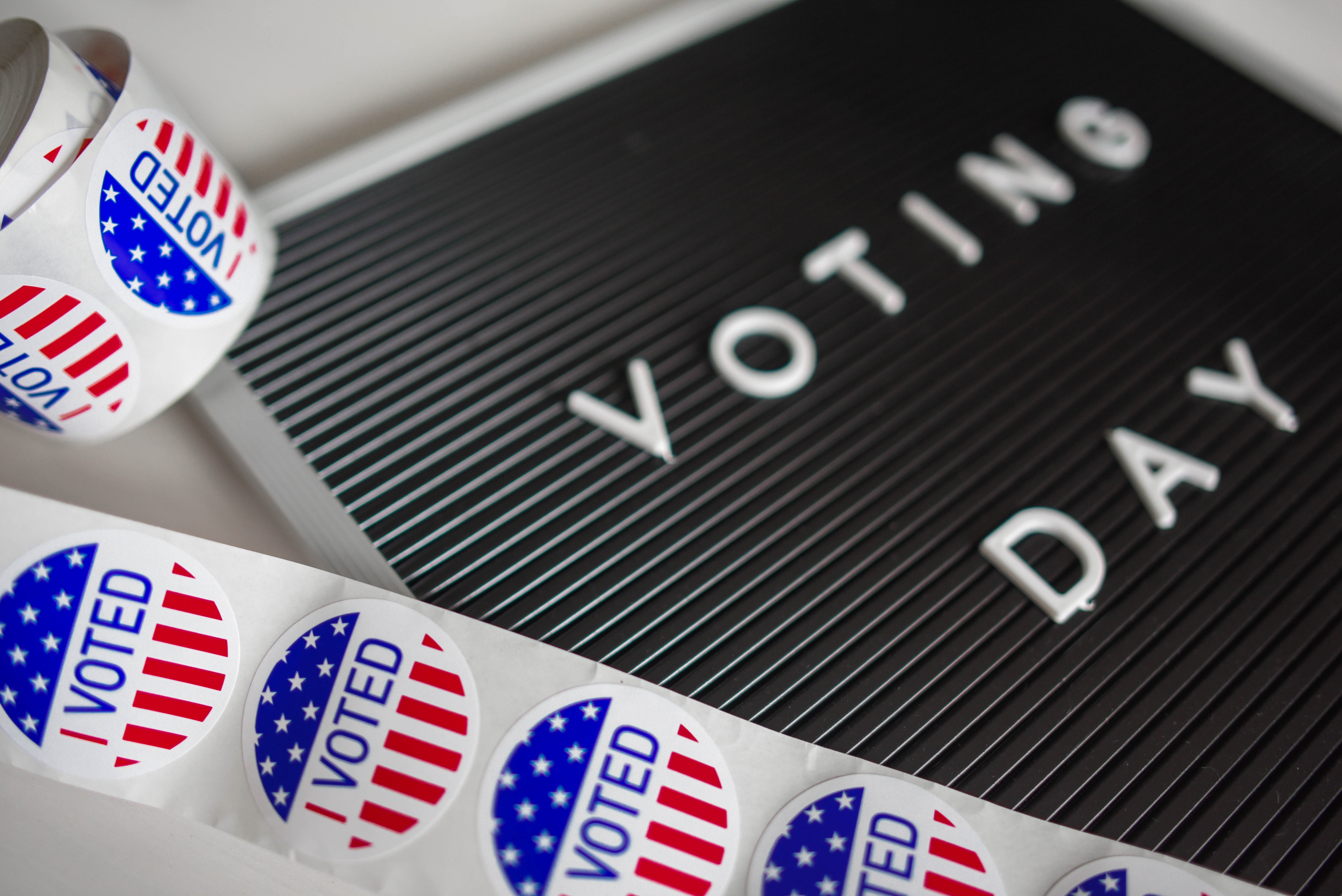
Last week, Dr. Neal Kelly, authoring committee member for our report Securing the Vote: Protecting American Democracy, spoke to the U.S. House of Representatives Committee on Science, Space, and Technology regarding voting technology vulnerabilities. Dr. Kelly is the registrar of voters for Orange County, CA and discussed the key findings of our consensus study report.
During his speech, Dr. Kelly presented observations from his position as registrar of voters for Orange County and the takeaways from our report. He identified the best voting practices used in Orange Country, discussed barriers in election security enhancement, and described the role of congress in guiding states and counties towards secure election processes. As one of the largest voting jurisdictions in the United States, Dr. Kelly notes that Orange County has been an ideal location to implement and evaluate pilot programs. He has been able to identify areas for improvement and apply actions towards correcting the holes in election security systems. He plays a critical role in promoting sound election security procedures.
Securing the Vote: Protecting American Democracy assesses the security of the U.S. election system. This report elaborates on the Russian government’s role in the 2016 election, discusses how specific heightened security measures can prevent similar threats, and offers insight to further develop secure election procedures for the future. To learn more, read the report online or download the PDF for free.
Securing the Vote: Protecting American Democracy
During the 2016 presidential election, America’s election infrastructure was targeted by actors sponsored by the Russian government. Securing the Vote: Protecting American Democracy examines the challenges arising out of the 2016 federal election, …












